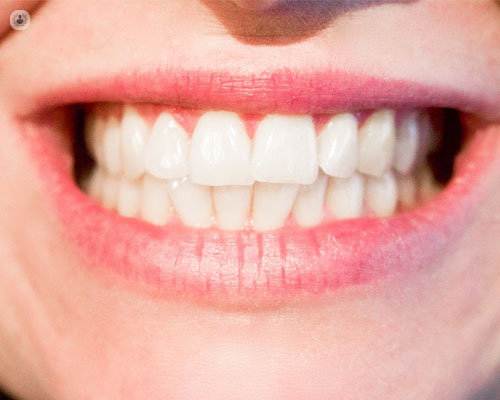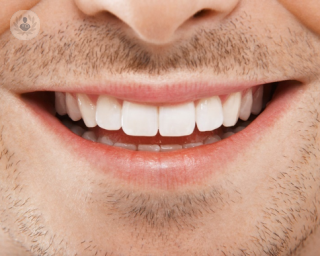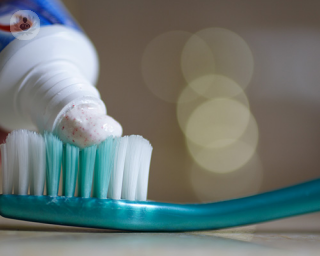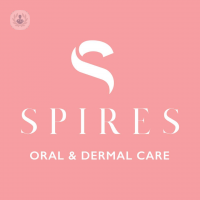Composite veneers
What are composite veneers?
Composite veneers are used in dental aesthetics to improve the appearance of the teeth and the overall smile and are adapted to the individual needs of each person. It is a minimally-invasive treatment and does not usually require an anaesthetic. Composite veneers are applied directly over the tooth and can be custom made.

Why are composite veneers used?
Composite veneers are used to cover fractured teeth, the surfaces of worn teeth, to improve the colour of one or more teeth in a natural way, and to improve the shape and size of the teeth. Composite veneers can also help to correct the position of some teeth without resorting to orthodontics, to rejuvenate the face, and in general, to improve the appearance of the teeth.
What does the procedure involve?
Composite veneers are thin layers of resin that cover the tooth without wearing away its enamel. This material can be moulded directly onto the tooth, allowing for a healthier, natural and more beautiful smile.
The procedure can be performed in one or more sessions, depending on the number of teeth to be treated. As it does not require carving the tooth and due to the fact that it is an adhesive that is applied directly to the enamel, you will start to see the results after just one session.
Preparing for composite veneers:
Before applying the composite veneers, the teeth must be completely clean, so you need dental cleaning and good oral hygiene, using a proper brushing technique and dental floss.
Post-treatment care:
After the operation, you must maintain good oral hygiene, use a correct brushing technique, and floss your teeth after every meal. You should avoid abrasive toothpastes, so ask your dentist which one would be best for you. It is also sometimes recommended to use an electric toothbrush. It is also important to have regular dental cleaning to ensure that proper oral hygiene is maintained.
You should avoid smoking and should moderate your consumption of beverages such as coffee, tea and soft drinks. With regards to food, avoid sauces like ketchup, mustard and other coloured foods that could stain the enamel.
You should also control your bite, avoid gripping or cutting things with your teeth and avoid eating hard foods. Be careful not to grind your teeth, to control friction, and to avoid sports where there is a risk of damage or injury to the face.
















